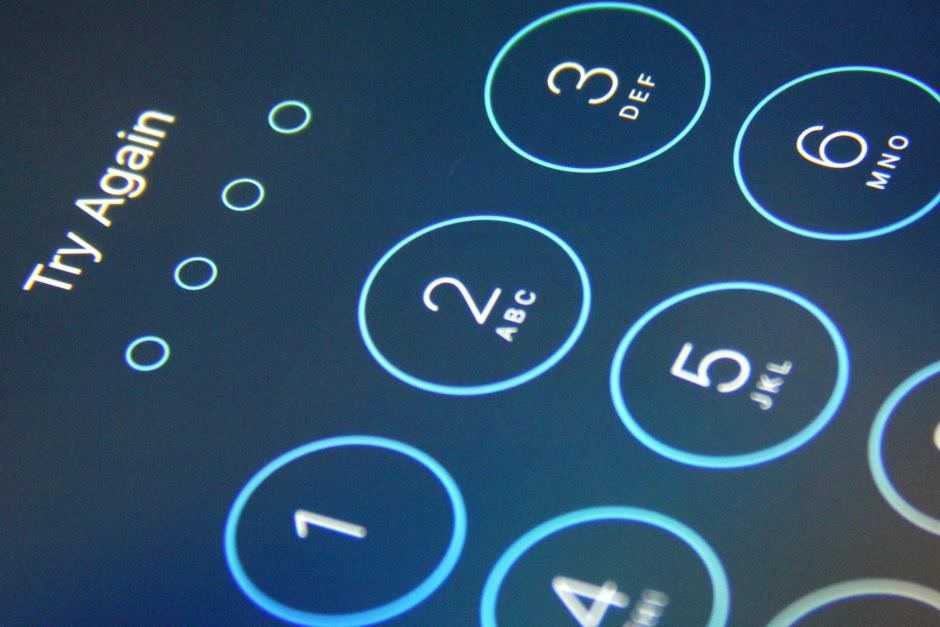The FBI has discovered key-word information on the iPhone of the San Bernardino terrorists that it managed to break last month, officials said. But they add that they were not in a position to discover terrorist connections with ISIS or other terrorists.
Recall that the FBI requested Apple's help to break the iPhone used by terrorist Syed Farook to plan the San Bernardino attacks, but the Cupertino company has refused to do so, arguing that jailbreaking its devices would pose more security and privacy threats to customers her.
The feds, however, managed to unlock the phone with the help of a teamς hacker που δεν κατονόμασαν. Για το FBI ήταν σημαντικό να ανοίξει την συσκευή μην πιστεύοντας τους ισχυρισμούς της Apple που ανέφεραν ότι οι τρομοκράτες δεν θα αποθήκευαν ευαίσθητα δεδομένα σε μια συσκευή που θα κρατούσαν μαζί τους σε μια attack.
So according to today's announcement by the FBI, Apple was wrong, as they actually found valuable information on the phone after the hacking.
US officials do not reveal what they just discovered on the iPhone, but they say what they did not find out. There was no evidence of terrorist involvement with ISIS or other terrorist groups in the device.
Here we should mention that all the above claims come to stimulate the confrontation between the federal government and the technology companies that have over issues encryptions.
Of course, the FBI's announcement strengthens the position of government officials seeking to prove the need for backdoors in encrypted systems.
As for us, it would be good to filter the news they serve, as you understand there are also feasibilities.





